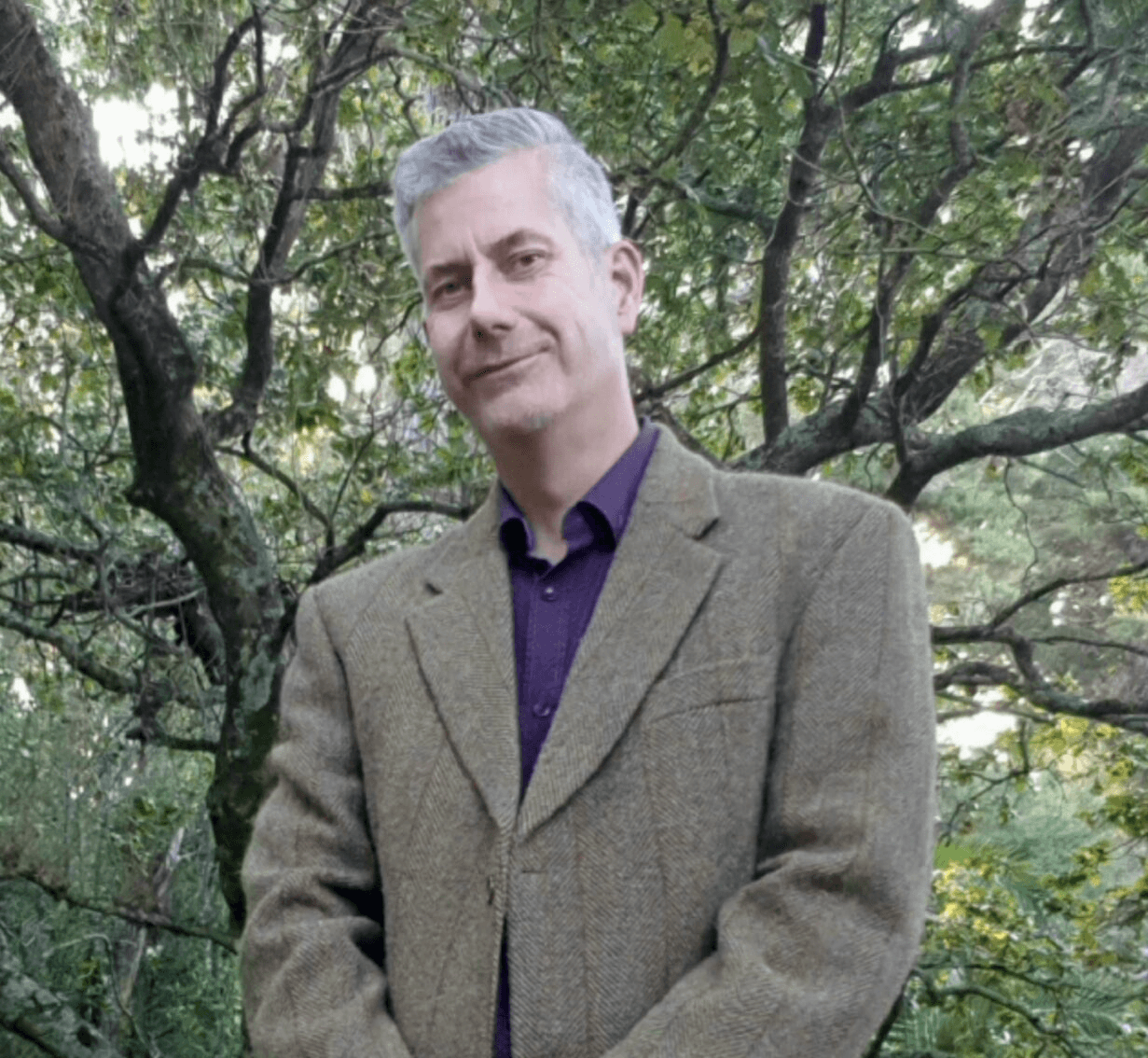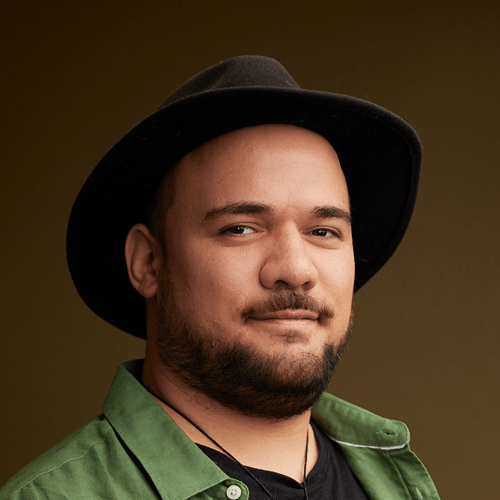David Taylor, head of English at Northcote College, outlines why he will refuse to teach the latest draft of the English curriculum.
“I’ll look no more, / Lest my brain turn, and the deficient sight / Topple down headlong.” (King Lear, Act 4, Scene 6)
Since 2007, New Zealand schools have had an excellent curriculum, acknowledged the world over and used successfully in diverse communities throughout the country. In 2021, I began working with other secondary English teachers, primary school teachers, educational researchers, and academic experts to update or “refresh” the curriculum for the English learning area. In September 2023, this refreshed curriculum was released, but with an election coming, the Ministry of Education lost their bottle, and quickly paused its implementation – a political decision rather than an educational one.
The incoming government ditched the new version and began work on a new-new one, one that shifts, ideologically, away from supporting students to thrive as its starting point, to one based on a politics of fear and conservatism.
This new-new version was released three weeks ago and is currently out for consultation before a final version will be sent out in term four and expected to be taught in 2026. So far, much of the debate has centred around whether Shakespeare “should” be taught. In the context of what is at stake here, that discussion is irrelevant – though just to be clear, Shakespeare is not AWOL, he has never left the building, so everyone can just calm the fustian foolery down. Focussing so much on Shakespeare misses the fundamental problems with this new national directive. I have already met with my principal to tell her that I am not prepared to teach, or lead people to teach, this new curriculum, and I believe all English teachers and Heads of Department have a professional responsibility to do the same.
Here are the five main reasons:
1. The 2025 curriculum document enables systemic racism
This might sound exaggerated, but let’s look at the evidence. It’s not just that there is not one single mention of Te Tiriti. For all the talk of the “science of learning”, this curriculum deliberately tries to steer teachers and students away from what we know works to improve educational outcomes for Māori students: progress-based learning; creative, and expressive writing; collaborative projects; active integration of Te Tiriti o Waitangi; real-world competencies; engaging critically with media and society; high flexibility allowing student voice, choice and agency.
The disparity for many Māori students in the education system is a direct consequence of colonisation. By trying to stop the decolonisation of the curriculum, this document, and its writers, are expressly trying to stop teaching strategies which help Māori students to achieve at the same level as their peers.
Head of the English curriculum writing group Elizabeth Rata has publicly said that “a decolonised curriculum does not provide quality content”. Here she is deliberately trying to equate mātauranga Māori, and successful pedagogical approaches to helping Māori students thrive, to a lack of rigour, importance and value. It is the science of prejudice and racism. It runs contrary to the experience of teachers who have been endeavouring to deliver equitable outcomes for Māori students. It is an act of re-colonisation, an enterprise that has racism at its core. The Treaty principles bill may have been voted down, but it is still being enacted here. Anyone who objected to that bill should take a strong interest in opposing this curriculum.
2. Reading for pleasure has been demoted
The 2023 curriculum, based on copious evidence from around the world of its importance, placed reading for pleasure as one of the four central activities students would do in English from years 1–13.
In the 2025 version, reading for pleasure has been seriously demoted: rather than a core part of learning, teachers should “support” and “encourage” reading for pleasure under the heading “Working with Text”. This is from years 9 – 13. There is no mention of reading for pleasure for students in years 7 — 8. It is an activity empirically proven in multiple studies to have enormous benefits for student success far beyond the subject of English. This is a curriculum focussed on telling students what they have to read, not helping them to find what they should, need, or want to read.
3. Its trumpeting of ‘science’ is simply ironic
The latest version of the curriculum uses phrases like “science of learning” and “knowledge-rich” and yet proven knowledge of the benefits of a decolonised practice and of reading for pleasure have been rejected. We have been given a curriculum that declares books written between midnight of December 31, 1799 and midnight of December 31, 1899 are better for our students than any texts (other than Shakespeare) written in any other time period. I’d like to see the scientific proof of the benefits of this narrow offer.
The loss of student-centered, collaborative, inclusive and diverse practices which align with real-world contexts, in favour of ready answers for a pub quiz literature round, makes the “scientific” claims of the new document farcical.
4. The rhetoric used in the new curriculum undermines diversity of knowledge
As for “knowledge-rich”, the writers of our new national curriculum have worked hard repeating this phrase in order to imply that previous iterations of our curriculum have lacked knowledge: it is an attempted justification for an enormous shift in ideology behind what, and how, we teach the nation’s children.
Students throughout Aotearoa currently enjoy knowledge-rich curricula. The expert knowledge of teachers – not just about their subject, but about their students and their communities – provides rich learning opportunities for young people to develop skills, knowledge and confidence in authentic and meaningful ways. We already have a knowledge-rich curriculum, but the rhetoric employed in the current process deliberately undermines this.
The real question here is not what knowledge, but whose? The claims of universal truths about knowledge and quality are in reality an exercise in marginalisation.
5. The new curriculum lacks an awareness of students and their needs
Any competent teacher will tell you that knowing your students is an essential aspect of being able to meet their educational needs. The subject of English has traditionally provided many opportunities for students to meaningfully explore their own lives, as well as the lives of others, and the world in general. English teachers have the privilege of working with, and getting to know, students as they tell their own stories – both in fiction and non-fiction; and using written, oral and visual language.
In an era where so many adolescents struggle with moderate to severe mental health challenges, safe and structured outlets like these could be seen as essential. However, the 2025 curriculum moves significantly away from emphasising students’ own storytelling as a central curriculum goal, choosing to frame text creation more as a procedural aspect of “Language Studies”.
It is predominantly a curriculum that talks at them, with little interest in listening to them, or understanding them. There is a concerning lack of real-world awareness of young people and their needs. It marginalises the voices of our young people just when they are facing the significant challenges of the adolescent years and working out who they want to be as adults.
This curriculum must be actively and rigorously opposed. I will be using previous versions of the English curriculum in my teaching. Some will say that it is my job to teach the curriculum. Usually I would agree. But now I am in the situation of having to choose between robotically following damaging dictates from a hot mess of a curriculum, or continuing to do my best to deliver rich, aspirational learning opportunities which help all students to develop the knowledge, skills and confidence that will allow them to thrive in the real world.
Essentially, if the ministry is unable to provide us with something fit for purpose, it is not my job to compound the harm it will cause to my students, but to protect them from it.






